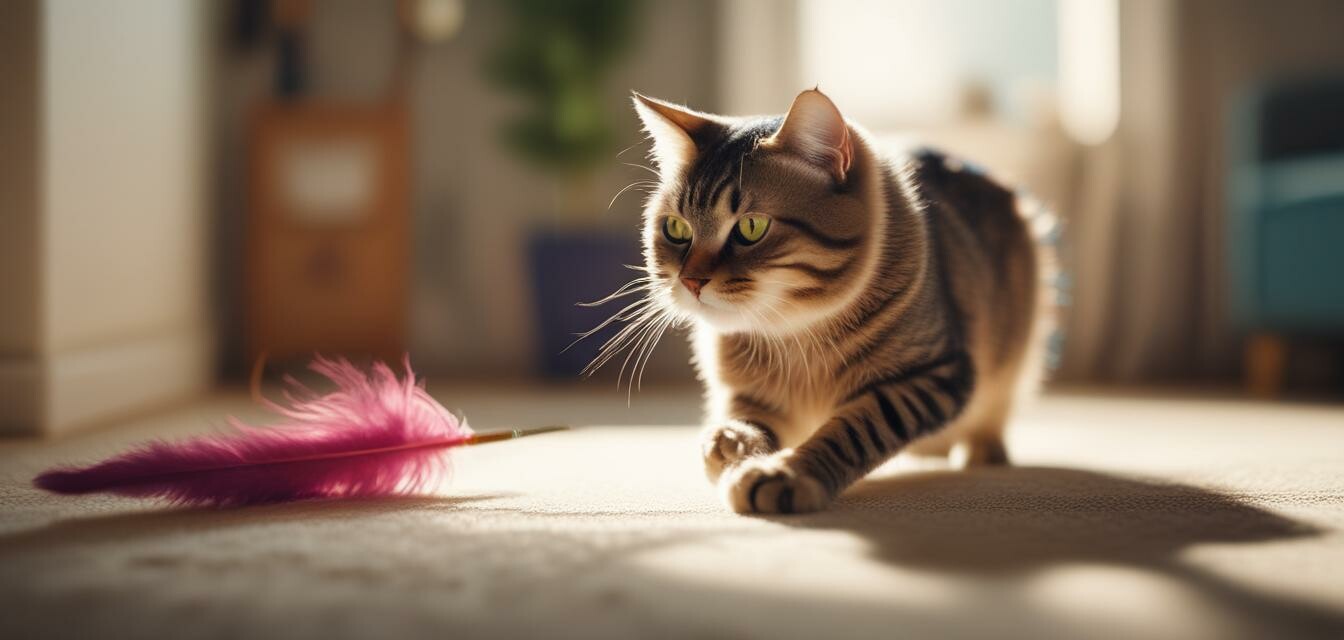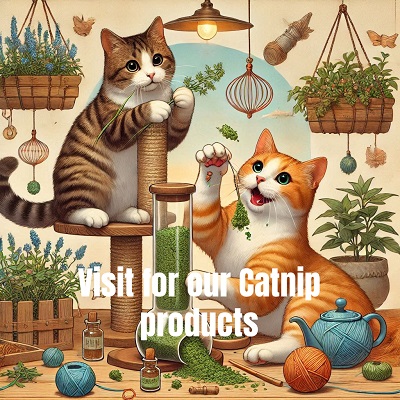
Ways to Encourage Playtime with Your Cat
Key Takeaways
- Interactive toys can boost your cat's interest in play.
- Creating a safe and engaging environment is essential for stimulating playtime.
- Establish a routine to make playtime a part of your cat's daily life.
- Understanding your cat's preferences can significantly enhance their play experience.
- Short, frequent bursts of play are more effective than long sessions.
Engaging your cat in playtime is essential for their physical and mental well-being. Regular play not only helps them burn off energy but also strengthens your bond with them. In this article, we'll explore various techniques to encourage playtime, benefiting both you and your feline friend.
Understanding the Importance of Playtime
Playtime is a fundamental aspect of a cat's life that contributes to their health and happiness. Cats, regardless of their age, require a mix of physical and mental stimulation. This can be achieved through play, which mimics their natural hunting instincts.
Benefits of Playtime
- Physical Exercise: Helps prevent obesity by burning calories.
- Mental Stimulation: Keeps their minds sharp and engaged.
- Stress Relief: Reduces anxiety and boredom.
- Bonding: Strengthens the relationship between you and your cat.
Techniques to Encourage Playtime
Below are effective techniques to motivate your cat to engage in more play.
1. Use Interactive Toys
Interactive toys, such as feather wands or laser pointers, can drastically increase your cat's interest in play. These toys allow you to engage with them actively, making the experience more enjoyable. Here’s how to incorporate them:
- Rotate toys regularly to maintain interest.
- Optimize playtime by mimicking prey movements.
- Gradually introduce new toys to keep things fresh.
2. Create an Engaging Environment
Your home environment plays a crucial role in stimulating your cat's playfulness. Consider these adjustments:
- Provide climbing structures, such as cat trees or shelves.
- Add hiding spots for your cat to explore.
- Introduce scratching posts to satisfy natural instincts.
3. Establish a Playtime Routine
Consistency is key when encouraging your cat to play. Establishing a routine helps your cat anticipate play sessions:
- Choose specific times each day for play.
- Keep sessions short (10-15 minutes) and frequent.
- End each session on a positive note with treats or affection.
4. Understand Your Cat’s Preferences
Every cat has unique play styles and preferences. To optimize your playtime, pay attention to what excites your cat the most. Here are ways to gauge their interests:
- Observe which types of toys catch their attention.
- Note their response to different play styles—are they more of a chaser or a stalker?
- Experiment with various textures and motion in toys.
5. Incorporate Treats into Play
Combining playtime with treats can be a great motivator:
- Use treats as rewards for engaging with toys.
- Encourage your cat to chase and retrieve treats during play.
- Create a scavenger hunt for treats around your home.
Safety Considerations
While playtime is crucial, always prioritize your cat's safety:
- Ensure toys are made from safe materials and are not small enough to be swallowed.
- Supervise playtime, especially with new toys.
- Avoid string or yarn that can pose a choking hazard.
Final Thoughts
Encouraging playtime with your cat not only enhances their well-being but also fosters a deeper connection between you. By integrating interactive toys, creating an engaging environment, and establishing a routine, you can ensure that playtime becomes an enjoyable part of your cat’s life.
Pros
- Enhances physical health through exercise.
- Reduces behavioral issues linked to boredom.
- Strengthens the bond between you and your cat.
- Stimulates mental activity, preventing cognitive decline.
Cons
- Can require time and commitment from the owner.
- May involve costs for toys and equipment.
Key Resources
For additional insights on enhancing your cat’s playtime, check out the following sections on our website:


